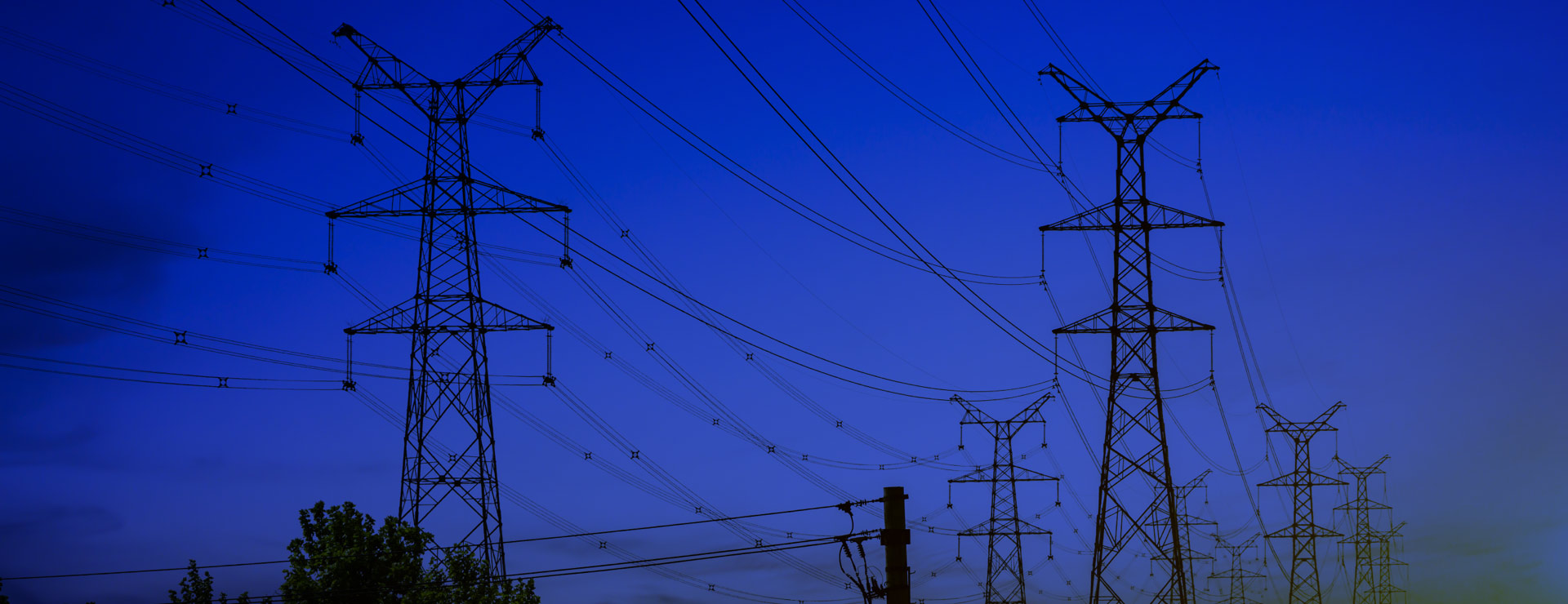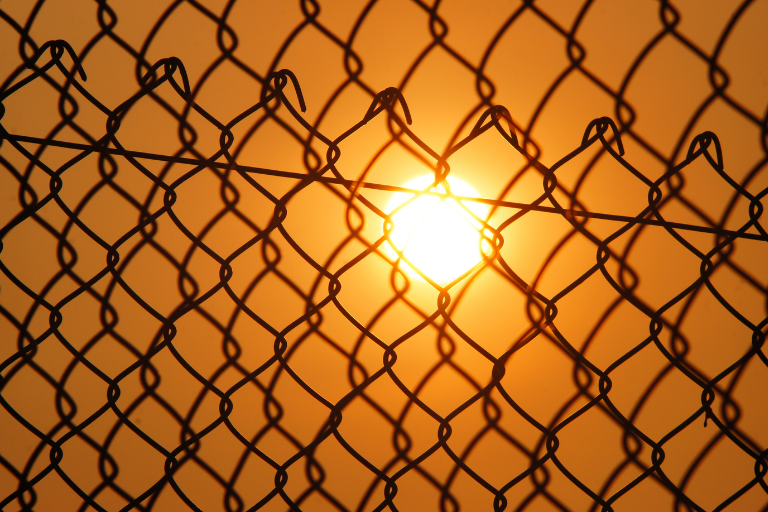
Obstruction & Incompetence & Vested Interests

The incompetence of the Federal agencies, such as the Department of Homeland Security, Department of Energy and Department of Defense have impaired efforts. Additionally, regulators such as NERC (North American Electric Reliability Corporation) and EPRI (Electric Power Research Institute) have long stood in the way of progress.
The National Geographic aired a television docudrama “American Blackout” that accurately portrayed the catastrophic consequences of a cyber-attack that blacks-out the U.S. grid for ten days. NERC and some utilities criticized “American Blackout” for being alarmist and unrealistic. We urge our viewers to watch this video.
EPRI’s “happy face” EMP report shamelessly cooks the books to arrive at its unwarranted conclusions: —EPRI’s authors are not bona fide EMP experts; —They grossly underestimate EMP field strengths; —Grossly overestimate survivability of transformers and other critical equipment; —Ignore generator vulnerability; —Pretend only transformer vulnerability causes protracted blackout. Based on the above and numerous other flaws in the EPRI EMP Report, the USAF Electromagnetic Defense Task Force critique warns: “EDTF concludes that the methodology and findings of the EPRI report are inconsistent with the 60+ years of DOD research and experience in understanding EMP environments, system effects, and protection requirements and that the report dangerously and inadequately characterizes impacts on the U.S. electric grid for an EMP event.”
THE DISCUSSION OF SOLAR RISKS EXEMPLIFIES THE PROBLEM
FERC ordered NERC to develop a “GMD Standard” for protecting the power grid from solar superstorms (but not, disappointingly, from nuclear HEMP). For four years, 2012-2016, NERC convened a GMD Task Force to develop a GMD Standard for protection against solar storms. The same as in 2012, based on the same false arguments used in their “junk science” 2012 Special Reliability Assessment. Independent observers on NERC’s GMD Task Force (still ongoing in 2020) protest it is biased to grossly underestimate the solar storm threat, violates scientific method, and offered copious evidence that the GMD Task Force “cooked the books” to deliberately produce an incorrect “low-ball” GMD Standard that would require utilities to do little or nothing.
FERC’s own excellent studies, performed in collaboration with the Department of Defense and Oak Ridge National Laboratory, proved the GMD Standard 8 v/km—still the natural EMP/GMD Standard today in 2020—is grossly inadequate against a solar super-storm or nuclear E3 HEMP.
U.S. FERC’s decision to approve NERC’s inadequate GMD Standard 8 v/km moved the Congressional EMP Commission in their 2017 Executive Report and Chairman’s Report to condemn U.S. FERC and NERC for institutional incompetence and corruption.9 The Congressional EMP Commission’s 2017 report Examination of NERC GMD Standards and Validation of Ground Models and Geo-Electric Fields proves the GMD Standard 8 v/km is grossly inadequate.
The EMP Commission’s 2017 report Recommended E3 HEMP Heave Electric Field Waveform for the Critical Infrastructures recommends an adequate
The standard for GMD and nuclear E3 HEMP should be some ten times higher, 85 v/km: “This EMP Commission Report, utilizing unclassified data from Soviet-era nuclear tests, establishes that recent estimates by the Electric Power Research Institute (EPRI) and others that the low-frequency component of nuclear high-altitude EMP (E3 HEMP) are too low by at least a factor of 3.
SOURCE: The Power & the Light, Dr. Peter Pry
